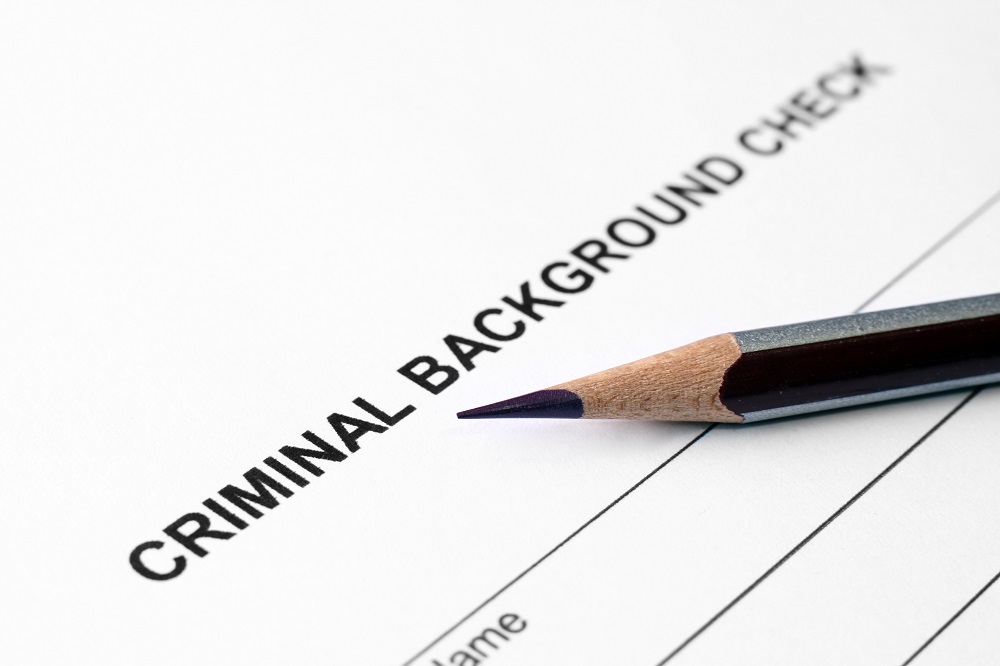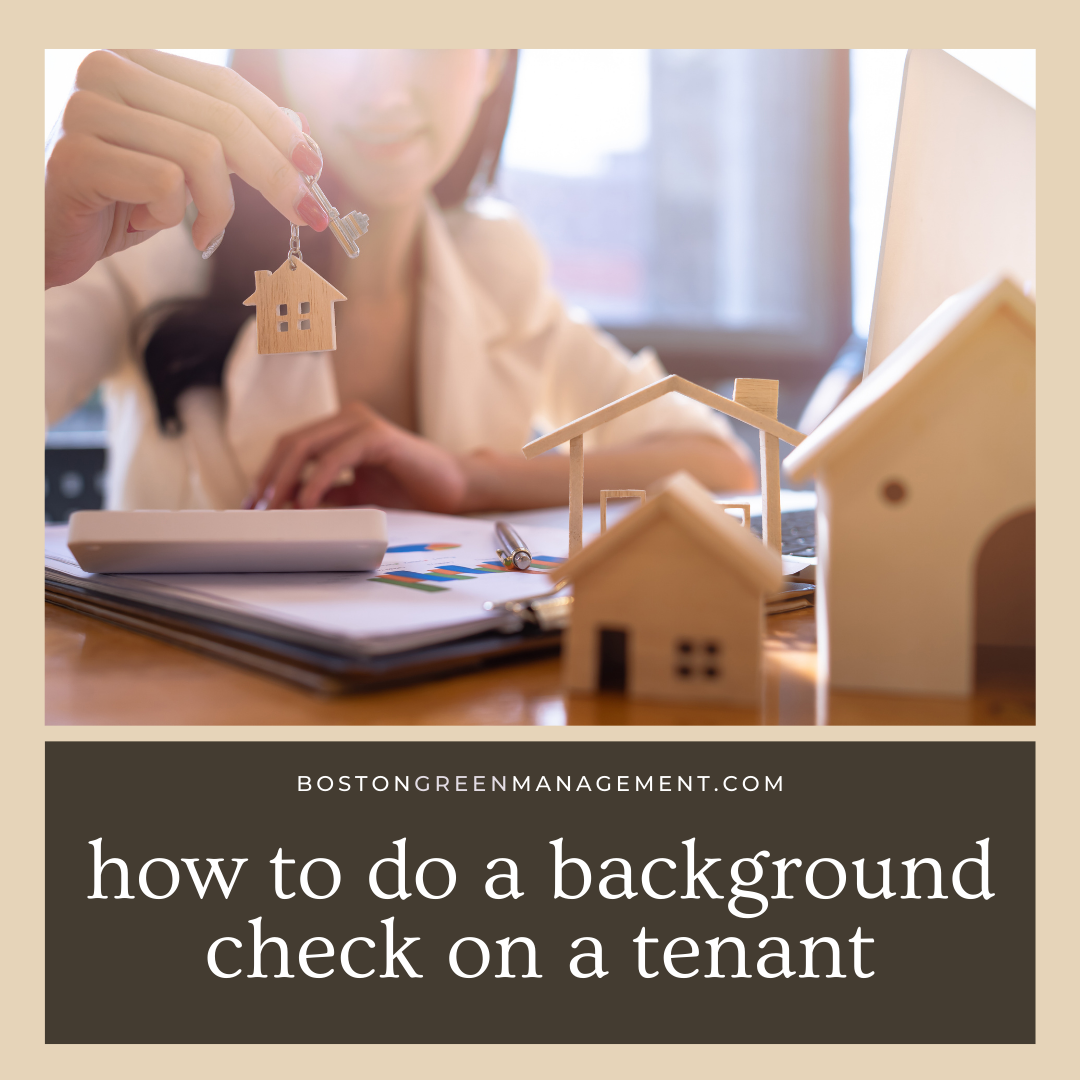If you’re like many property owners in Boston and beyond, you need to know how to do a background check on a tenant – and you need to know what to do with the information you uncover. This guide explains how to check a prospective tenant’s background as part of the screening process, your legal obligations and more.
How to Do a Background Check on a Tenant
When you’re renting a home in Boston or a nearby city, whether you’re an “accidental landlord” who’s having trouble selling the house or you’re an investor who needs to earn a profit, one thing’s for sure: You need to screen potential tenants before agreeing to let them move into your property. A background check can give you a heads-up on what you might be able to expect. It can help you:
- Keep the community – and yourself – safe. As a property owner, it’s your responsibility to choose a tenant who is unlikely to put others in danger.
- Protect you from liability. Your reason for accepting or denying a tenant matters when it comes to the Fair Housing Act and in the event that the tenant you choose commits a crime or causes another person’s harm through negligence.
- Reduce tenant turnover. It’s in your best interest to find tenants who will stick around for a while, which a background check will help with.
So how do you do a background check on a tenant – and should you do it yourself?

9 Steps to Doing a Background Check on a Tenant
The process of conducting a background check can be inconvenient, time-consuming and costly. For most people, the best thing to do is hire a Boston property management company to handle the entire vetting process (including advertising to find tenants, background and credit checks, and deposit and rent collection).
Related: Hire a condo manager in Boston now
These are the steps to running a background check on a tenant:
- Gather information. You’ll need the tenant’s rental application, and it must provide all the information you need to request a background check.
- Get the tenant’s authorization for a background check. While you’re not required to get consent under federal law, it’s still a good idea – and at the very least, you should let your prospective tenant know you’ll be doing a background check. You may find that notifying tenants they’ll be subject to screening narrows your applicant pool.
- Request credit report authorization. You must ask permission to obtain a prospective client’s credit report – it’s illegal to check someone’s credit without having prior authorization.
- Interview your applicant to gather additional information. If you choose to rent to the applicant, you’ll most likely deal with him or her on a regular basis; you want to make sure you can establish a good working relationship.
- Pay for a credit report. Use one of the three major credit reporting bureaus to obtain a copy of your applicant’s credit report.
- Use a verified tenant screening company to conduct a background check. This can be costly, which is another reason many people choose to work with property managers.
- Check references. With your applicant’s consent, you can contact his or her employer and previous landlords to gather more information. In fact, previous landlords can provide a wealth of information (particularly about payment history, how easy a prospective tenant is to work with, and the condition of the previous rental property when the tenant last left it).
- Follow up on personal references. It’s normal for personal references to be a little biased, but they can provide you with additional information you need to make the right choice.
- Read reports thoroughly. Many background checks include information on a person’s eviction history, employment history and rental history – all of which are very important.
Is it Legal to Do a Background Check on a Tenant?
It is legal to conduct a background check on a prospective tenant. In fact, you should gather all the information you can before you agree to let someone rent from you – it’s your property (and ultimately, your investment), and you need to make sure it’s in good hands.
Related: Boston Green property management services

Who Pays for a Tenant Background Check – the Tenant or the Landlord?
Most landlords charge an application fee for background checks. The tenant pays this fee, which is usually under $100 per person. However, if you choose to work with a property management company, the management company will be in charge of determining whether there’s a background check fee that gets passed on to the tenant.
Pro Tip: Landlords are not allowed to make a profit on background check fees.
How Much Does a Tenant Background Check Cost?
Most tenant background checks cost under $100. However, if you run multiple checks through separate agencies, you could spend more. For most property owners, the best way to ensure a thorough background check is to work with a property management company that handles the entire process – and one that uses the right providers.
Alternatives to Conducting Separate Background Checks on Multiple Tenants
It’s wise to conduct a background check on every adult you’re considering as a tenant. However, some homeowners choose to check only one (such as when they’re dealing with a couple, for example). We strongly encourage property owners to check every adult who will be living in a rental property.
What if You Don’t Want to Conduct Background Checks on Prospective Tenants?
If you don’t want to conduct background checks on your tenants, ask yourself whether you’re looking forward to collecting rent, dealing with maintenance issues, and in the most unfortunate circumstances, pursuing eviction.
If you’re not, we can help. Call us at 617-262-3075 to find out how we can take all the stress out of being a landlord so you can focus on what’s most important: Your investment.
















